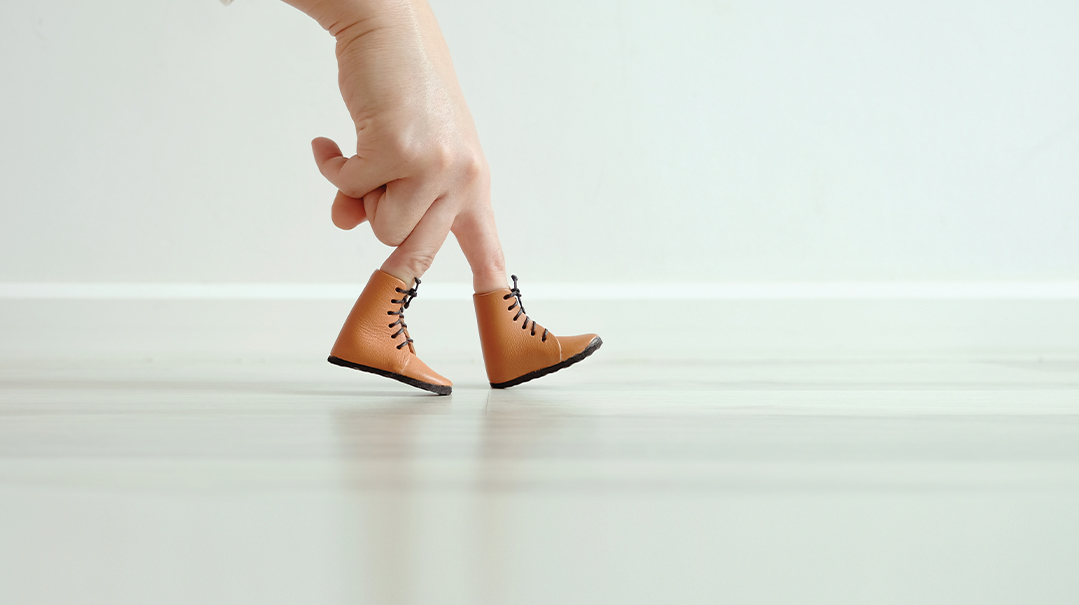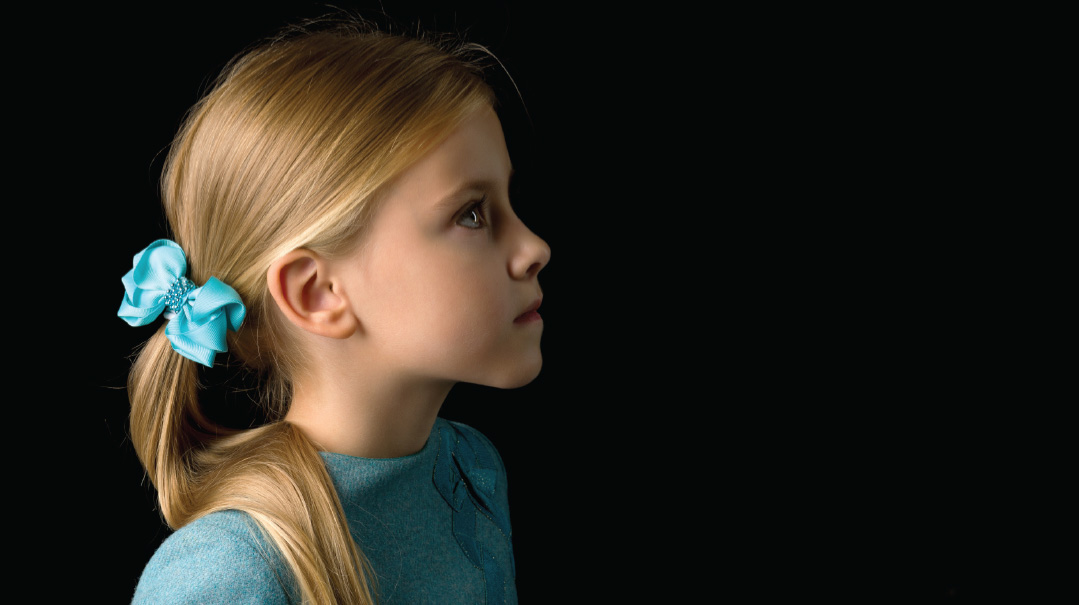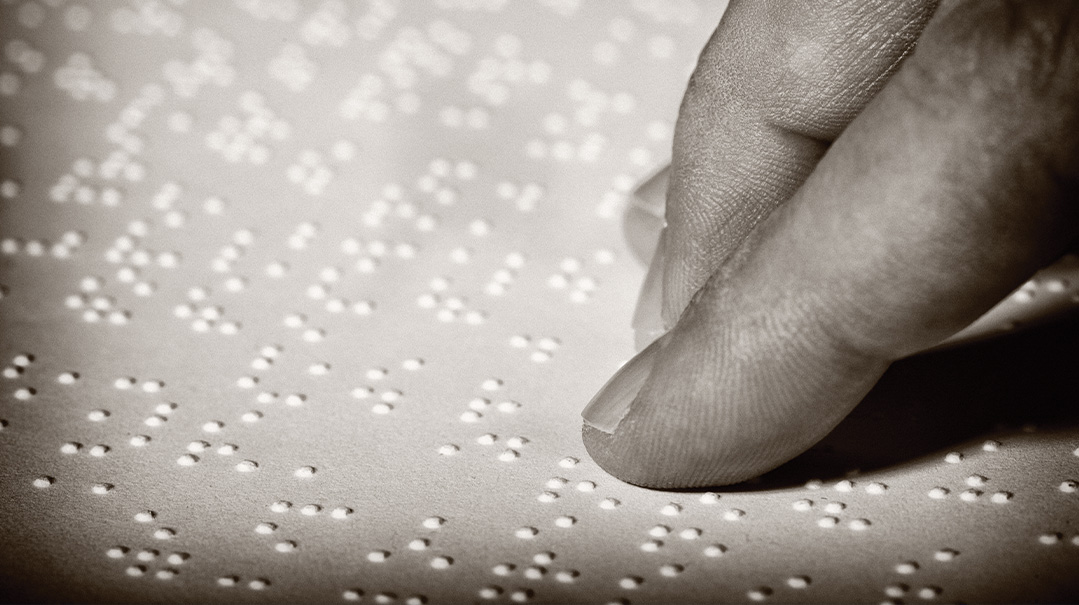Debbie’s Shoes

Growing up with Debbie around has been like one long learning curve

"Because Debbie is different,” people used to say to me when I was younger, whenever Debbie — three years my senior — would just have done something awkward, weird, or downright embarrassing, and I, like any kid, would ask why. Why did she have to be like this? Why couldn’t she just be normal? Why did I have to deal with the stares, the laughter, the discomfort? And this was while Debbie was oblivious to it all.
Debbie has special needs. She also looks completely normal (when she isn’t having one of her “moments”), and that’s what sometimes makes it so much more challenging. People make allowances for those who look obviously disabled. Debbie never gets that treatment, and as her family, neither do we.
Growing up with Debbie around has been like one long learning curve. Going to school with Debbie, who is two grades above me, is like sitting on a bicycle speeding out of control. On a hairpin bend. On a mountain. In a blizzard. That is, often knowing that something is going to happen, while being completely helpless to stop it.
Okay, enough with the metaphors, true story coming up.
Debbie was in tenth grade, I was in eighth, and unluckily for me, our schools shared a building. Hanging out with my friends during lunch that day, Debbie was the last thing on my mind. Sara, Chava Leah, and I were in the middle of a heated argument about just how calorific store-bought salads are, when Tova, a tenth grader, popped her head around the door. We stopped talking. We weren’t usually paid visits by the cool-tenth-grader demographic, which is what made my stomach sink. What made it plummet even further was how her gaze scanned our too-small classroom and settled on me. She wanted me. That meant something had happened.
Oops! We could not locate your form.






